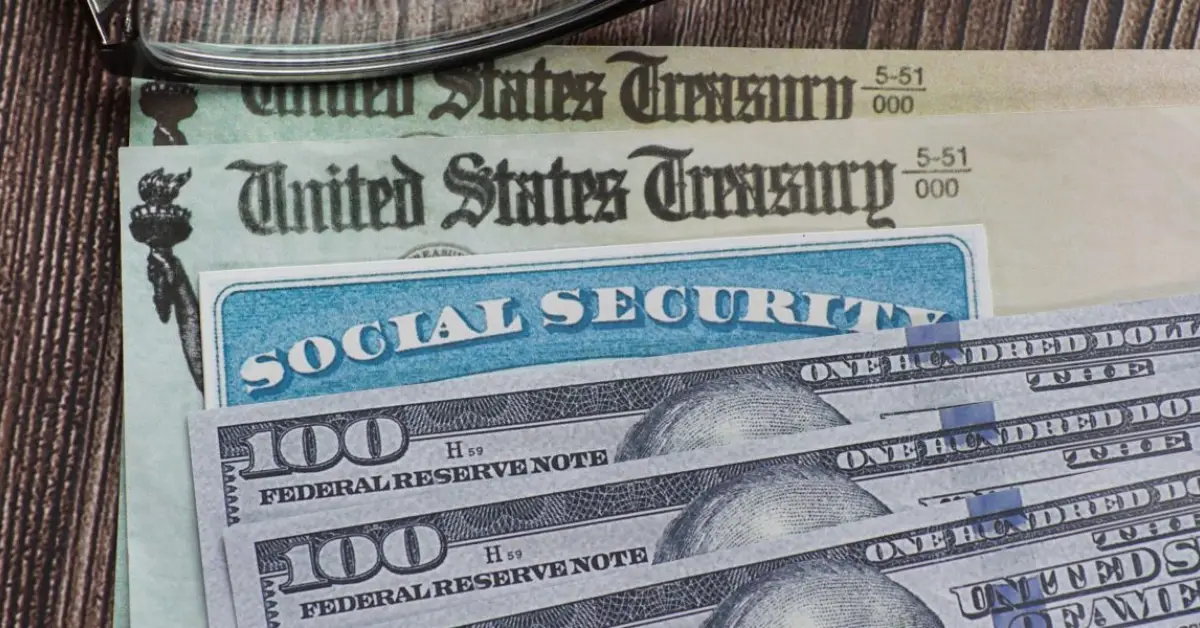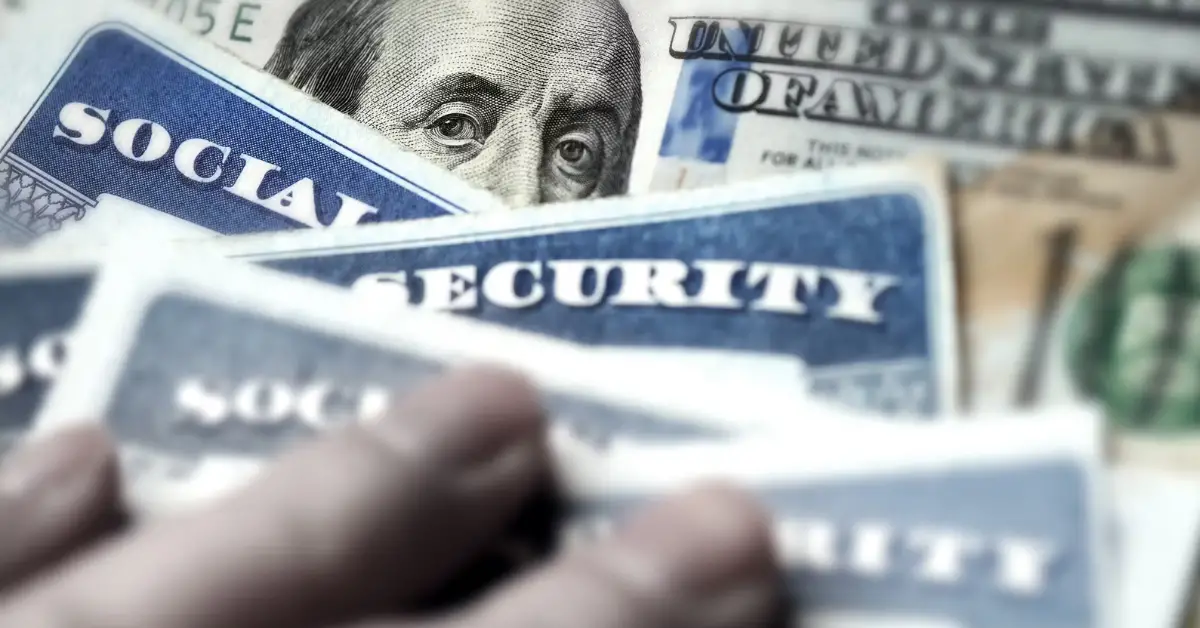In today’s digital era, safeguarding personal information is more important than ever. Among the most important pieces of personal information is your Social Security Number (SSN). Your SSN is not just a string of numbers; it’s a critical element of your identity.
It plays a key role in everything from applying for jobs and loans to securing medical benefits. Because of this, your SSN can be a prime target for identity theft. In this article, we’ll explore why protecting your SSN is essential and provide you with practical, easy-to-follow tips to keep it safe.
What is a Social Security Number?
A Social Security Number (SSN) is a unique nine-digit number that is issued to U.S. citizens and residents by the Social Security Administration (SSA). The primary purpose of an SSN is to track individuals’ earnings and their contributions to Social Security, which provides benefits such as retirement, disability, and Medicare. However, your SSN is also used by other organizations for a wide variety of purposes, including opening bank accounts, applying for loans, and verifying your identity.

In short, your SSN is a crucial part of your identity. If someone gains access to your SSN, they could use it to commit fraud in your name, take out loans, or even access your financial accounts. That’s why it’s vital to protect it from being compromised.
Why You Should Protect Your SSN
The risks associated with a stolen SSN are severe and can affect various aspects of your life:
- Fraudulent Activities: A criminal who gains access to your SSN can open credit accounts, apply for loans, or rent apartments in your name.
- Identity Theft: An identity thief can access your bank accounts, make unauthorized transactions, and affect your credit score.
- Tax Implications: If someone uses your SSN to file false tax returns, you might have to deal with complicated issues with the IRS.
- Long-Term Damage: Fixing the damage caused by identity theft can take years. Victims often spend time and money trying to restore their identities and credit.
Given these serious consequences, it’s clear that taking steps to protect your SSN is not only wise but necessary.
Simple Ways to Keep Your SSN Safe
There are several practical steps you can take to safeguard your SSN from theft. Many of these are easy to implement, and you don’t need to be an expert to make sure your digits are secure.
1. Don’t Carry Your SSN Card
One of the easiest ways to protect your SSN is to avoid carrying the physical card with you. You might need to show it for certain situations, like applying for a job, but there’s no reason to carry it around in your wallet every day. If your wallet is lost or stolen, so is your SSN. Keep your SSN card in a secure location at home and only take it with you when absolutely necessary.
2. Shred Documents Containing Your SSN
If you ever need to dispose of documents that contain your SSN, such as old tax forms, medical records, or financial statements, make sure you shred them. Criminals often rummage through trash or recycling bins to find sensitive personal information, and your SSN is a key target. By shredding documents, you ensure that your SSN can’t be easily obtained by someone else.
3. Be Cautious with Online Sharing
In our digital world, information is often shared online, and this includes sensitive personal details like your SSN. Always check that the website you’re sharing your SSN with is secure. Look for the “https” prefix and a lock symbol in the browser address bar. If you’re asked for your SSN by email, text message, or over the phone, be cautious. These could be phishing attempts. Legitimate organizations won’t ask for personal information in this manner.
Be careful about what personal information you share on social media platforms. Even small pieces of information can be used by criminals to reconstruct a larger picture of your identity.
4. Monitor Your Credit
Regularly monitoring your credit is another effective way to ensure that no one is using your SSN to open accounts or access credit in your name. You’re entitled to a free credit report each year from the three major credit bureaus—Equifax, Experian, and TransUnion. Review these reports for any signs of suspicious activity or accounts you don’t recognize.
If you find anything unusual, take immediate action to address the issue. Many services also offer identity theft protection, which will alert you if there’s suspicious activity on your credit file.
5. Protect Your Passwords and Online Accounts
In addition to protecting your SSN, it’s important to safeguard your online accounts. Use strong, unique passwords for every account that contains personal information. Avoid using easily guessed passwords, such as your name, birthday, or common words. For extra protection, enable two-factor authentication (2FA) on your accounts. This way, even if someone gets hold of your password, they won’t be able to access your account without an additional verification step.
6. Secure Your Mail
Your mailbox is another vulnerable point when it comes to protecting your SSN. Mail theft can lead to a thief acquiring important documents, such as your tax returns, which contain your SSN. Consider investing in a locked mailbox or using a P.O. box for sensitive mail. If you expect to receive important documents, such as tax forms or bank statements, make sure they’re sent via a secure method, like a tracked delivery.
7. Freeze Your Credit
If you believe your SSN is at risk, or you’ve already been a victim of identity theft, one of the most effective steps you can take is to freeze your credit. A credit freeze prevents others from accessing your credit report, making it more difficult for identity thieves to open accounts in your name. Contact the three credit bureaus to request a credit freeze, and you can unfreeze it if you need to apply for credit in the future.
8. Report a Stolen SSN Immediately
If you believe your SSN has been stolen, report it to the Social Security Administration (SSA) as soon as possible. The SSA can issue you a replacement card and offer guidance on what to do next. You should also contact the Federal Trade Commission (FTC) to report identity theft and consider placing a fraud alert on your credit reports. This will alert lenders to verify your identity before granting credit.
Conclusion
Your Social Security Number is a critical piece of your identity, and keeping it safe should be a top priority. By following the steps outlined in this article, you can significantly reduce the risk of identity theft and fraud. Always stay vigilant about where and how you share your SSN, monitor your credit, and use strong security measures online. Remember, protecting your SSN is a simple but powerful way to safeguard your financial future and your identity.
Disclaimer: This article has been meticulously fact-checked by our team to ensure accuracy and uphold transparency. We strive to deliver trustworthy and dependable content to our readers.




